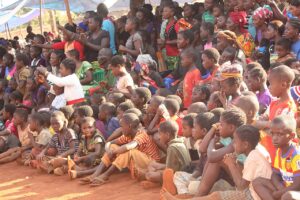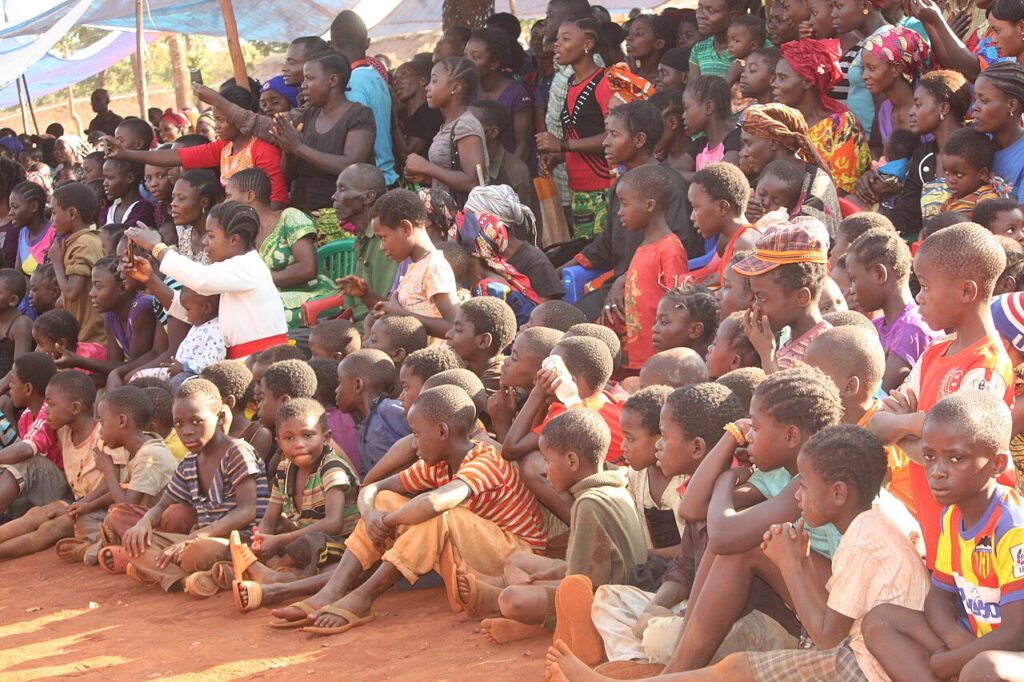Tanzania hosts many refugees, mainly from neighbouring countries like Burundi and the Democratic Republic of the Congo. Many live in camps such as Nyarugusu, Nduta and Mtendeli in the Kigoma region.
Education for refugee children is a major challenge. In the camps there are too few permanent classrooms. Some children learn outdoors or under trees. In Nduta and Nyarugusu people have reported that there are sometimes 120 pupils in one classroom. Many teachers lack formal training. Infrastructure is weak; some school buildings are temporary or poorly protected from weather. At secondary level access falls sharply. Only a small proportion of refugee adolescents are able to attend secondary school.
Despite this, there are efforts to improve things. For example UNHCR works with the Tanzanian government to include refugee children in the national education system. Scholarship opportunities for higher education have been offered to some refugees. Also, some programmes are building extra classrooms, training more teachers, and improving the learning environment.
Health care is another key area of concern. Refugees in camps rely heavily on humanitarian aid. Services include primary health care, maternal and child health, and disease prevention. Outbreaks of diseases like malaria occur often. WHO has helped deliver protective supplies and improve disease detection, especially for arrivals at transit centres. Organisations such as Médecins Sans Frontières also work to provide both primary and secondary healthcare, supporting both refugees and host communities.
Integration and restrictions are also important issues. Tanzania maintains a policy of encampment meaning many refugees must live in camps and have limited freedom to travel, work or study outside those camps. The camps are often remote, which increases isolation. Host communities around the camps share natural resources, land, water and firewood. This sometimes leads to tension between refugees and locals. Also environmental damage has occurred because of overuse of resources in areas around the camps.
In my own conclusion, refugees in Tanzania face many challenges beyond exploitation. Education is strained, especially beyond primary level. Health services are provided but are under pressure. Integration opportunities are limited by policy and geography. Improvements are happening but depend heavily on outside funding, political will and cooperation between refugees, local government and humanitarian organisations.
By Juma Mwamba

